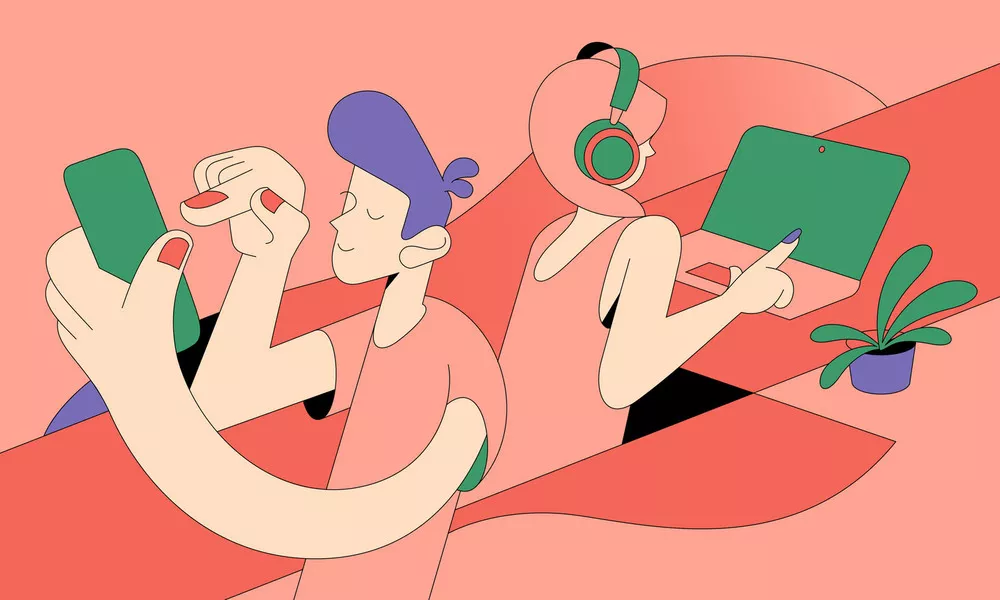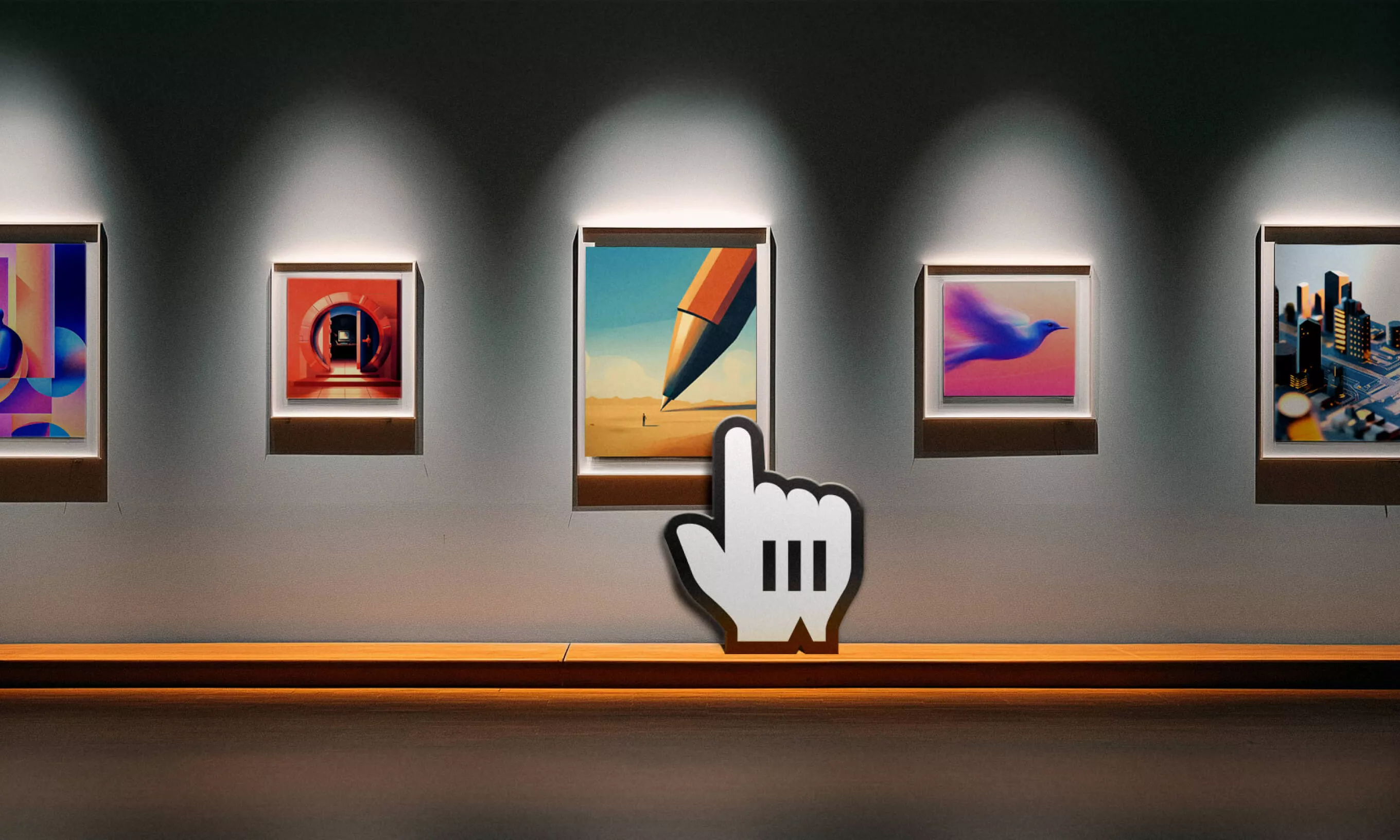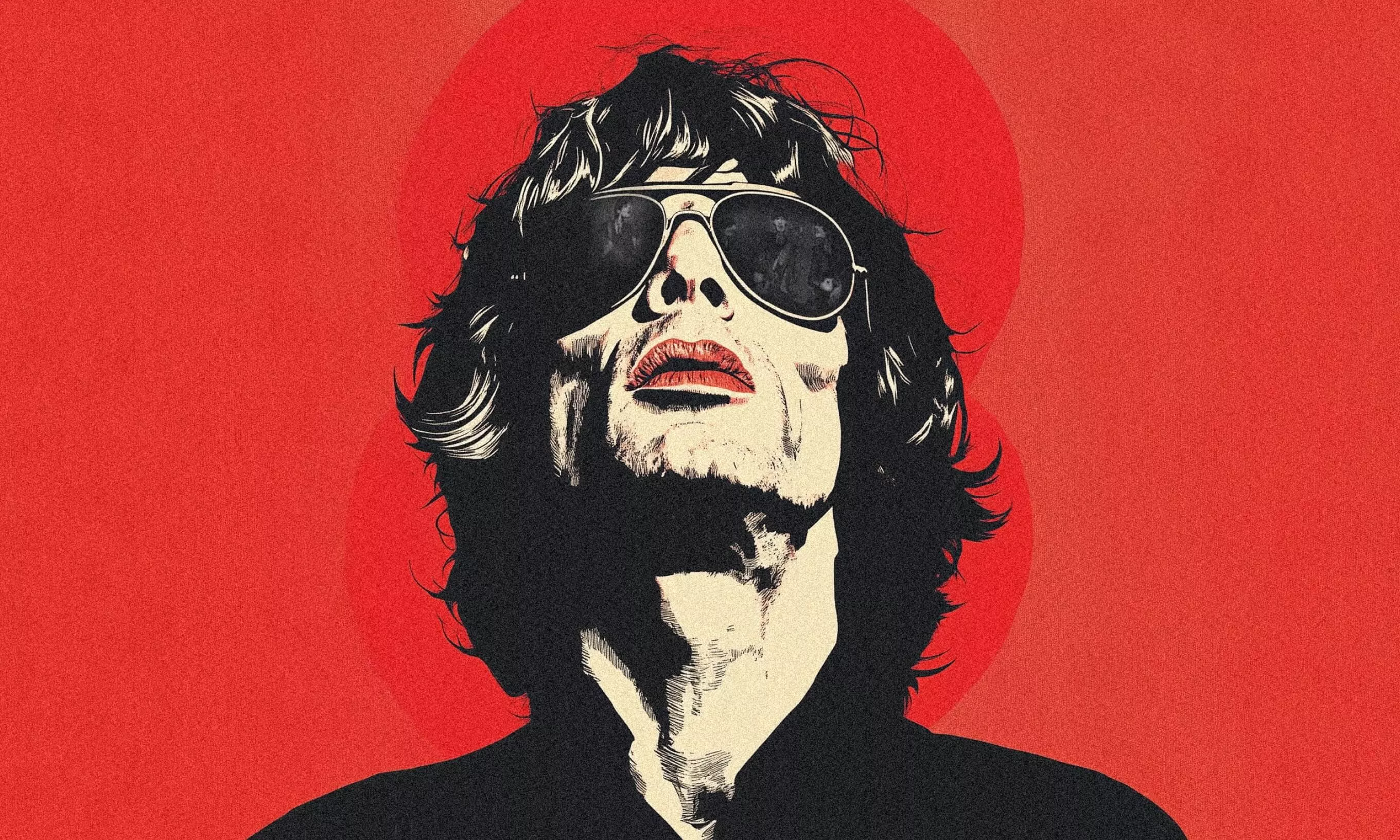We don’t talk about Bruno.
No, no, no.
We don’t talk about Bruno.
If you didn’t read this but sang it, you either have kids, are a die-hard fan of animated pictures, or know somebody who’s either of those things.
We will have to talk about Bruno, though.
Encanto Sweeps the Charts
“We Don’t Talk About Bruno” is a major hit song from Disney’s latest flick Encanto that hit number one on the Billboard Hot 100 last week. This is the first time a song from a Disney animated feature took the throne since Aladdin’s “A Whole New World” in 1993.
How come Bruno overtook Adele? Because it’s awesome. Also, because of streaming. Encanto had a modest debut in theaters, but then premiered on Disney+ on 24 December and exploded. It was watched for 407 million minutes in the US during its first weekend, and then 2.2 billion minutes in its first full week. Just for reference, it beat Netflix’s “Don’t Look Up” which was also in its first full week of release and was viewed for 2.02 billion minutes in the US.
Streaming has this characteristic that is especially favorable for children’s content. You can play it again and again. And again.
“Bruno” was played 100 million times on Spotify by January 20, while the entire soundtrack had 494 million all-time plays globally by early February. YouTube count is 186 million at the time of writing this. I won’t even go into TikTok’s trending videos because I’m exercising my right as a millennial not to.
Pixar’s next release, Turning Red is ditching theatres altogether and going straight to Disney+. I rest my case.
Spotify in the spotlight
Talking about the force that streaming services have become, the recent Joe Rogan/Spotify saga is a textbook example. Long story short, Spotify-exclusive modern-day talk show host Joe Rogan invited Dr. Robert Malone for a three-hour chat about the inefficiency of Covid-19 vaccines, evil pharma, government conspiracies, and other antivax favorites usually classified as misinformation on social media outlets.
With 11 million listeners per episode, it turned into a reasonably-sized scandal. Neil Young and Joni Mitchell took their work off the platform in protest. (I’ve put links to Wikipedia for our younger readers. You’re welcome.). Despite all the #cancelspotify and #byespotify hashtags on Twitter, few creators actually left. Rogan then offered a half-ass apology, and Spotify CEO Daniel Ek offered to stick a token “content advisory” tag on similar podcasts.
However, Spotify is not out of the woods yet. The whole thing re-sparked the debate about the platform’s payment distribution system that leaves most artists with only a fraction of a cent per stream. I heartily recommend this analysis by The Hustle (and the graphs, especially the graphs) to get an idea about who makes the most money in this story.
Streaming now accounts for 84 percent of all music revenue in the United States, according to industry data, and Spotify has 172 million paying subscribers — about 31 percent of the worldwide total, and more than double that of its closest competitor, Apple Music.
Moral of the story? When you drunkenly wail “Heart of Gold” over Spotify playing it on your Bluetooth speaker, Neil Young’s record company gets 75%. When you listen to Joe Rogan go wild with the N-word, 100% of earnings stay in Spotify.











